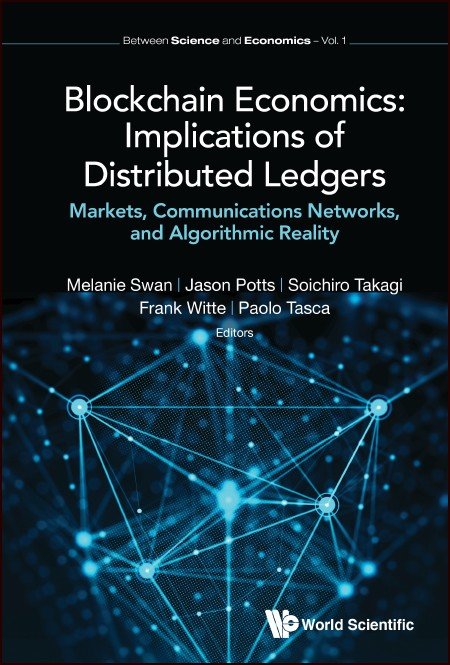Chapter 1: Blockchain Economic Theory: Digital Asset Contracting Reduces Debt and Risk
Disparate aspects of the emerging Blockchain Economics paradigm have been discussed, particularly cryptotokens and Initial Coin Offerings (ICOs), however, a comprehensive picture of the greater economic transformation unfolding with blockchain technology has not yet been articulated. This chapter proposes a Blockchain Economic Theory of Digital Asset Contracting as an explanatory model. The central argument is that blockchain-registered digital assets can be transacted instantaneously and pledged in new ways. This advance is leading to new modes of contracting (smart contracts) and new forms of money (cryptotokens), which in turn facilitate new structures of financial interaction. Distributed ledgers and blockchain-based structures might be applied to structural economic problems such as debt, systemic risk, technological job outsourcing, entitlements overhang, healthcare cost-outcome disconnects, and financial inclusion. A key innovation is Payment Channels, which enable the use of capital on a net rather than a gross basis, which might eventually lead to a restructuring of debt burdens.



